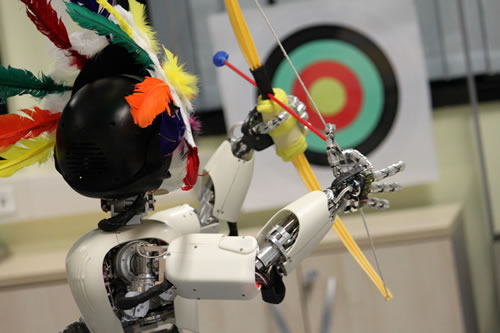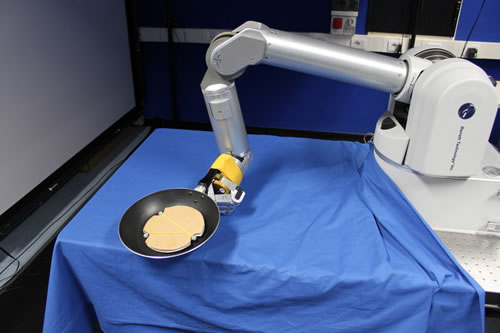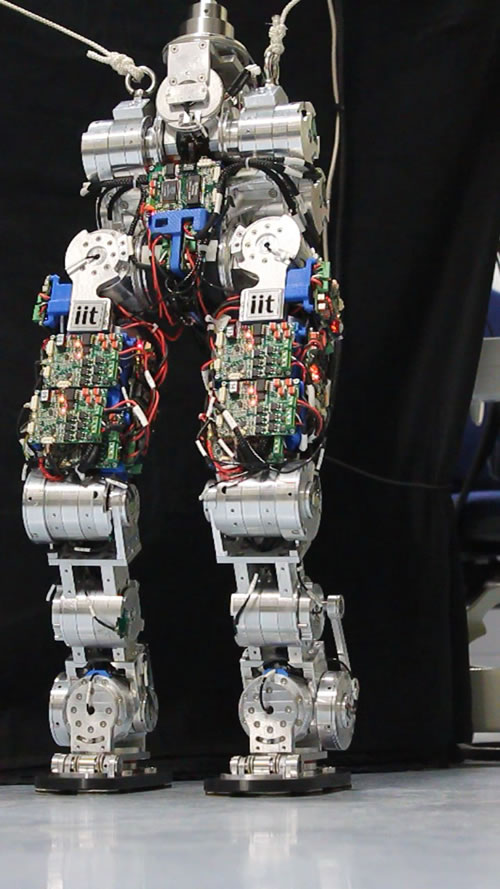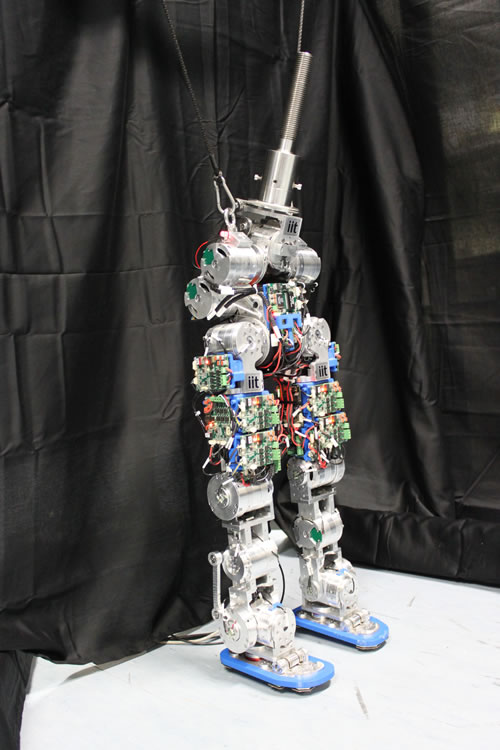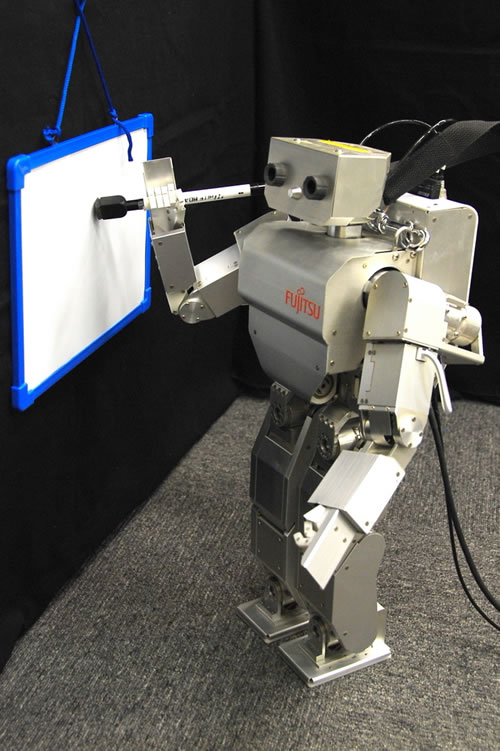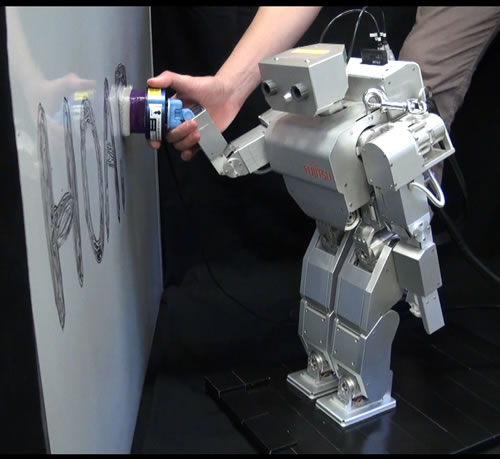Scope
The primary goal of the Technical Committee on Robot Learning is to act as a focus point for wide distribution of technically rigorous results in the shared areas of interest around robot learning. Without being exclusive, such areas of research interest include:
- learning models of robots, tasks or environments
- learning deep hierarchies or levels of representations, from sensor and motor representations to task abstractions
- learning of plans and control policies by imitation and reinforcement learning
- integrating learning with control architectures
- methods for probabilistic inference from multi-modal sensory information (e.g., proprioceptive, tactile, vison)
- structured spatio-temporal representations designed for robot learning such as low-dimensional embedding of movements
- developmental robotics and evolutionary-based learning approaches
The robot hardware is progressively becoming more complex, which leads to growing interest in applying machine learning and statistics approaches within the robotics community. At the same time, there has been a growth within the machine learning community in using robots as motivating applications for new algorithms and formalisms. Considerable evidence of this exists in the use of robot learning approaches in high-profile competitions such as RoboCup and the DARPA Challenges, and the growing number of research programs funded by governments around the world. Additionally, the volume of research is increasing, as shown by the number of robot learning papers accepted to IROS and ICRA, and the corresponding number of learning sessions